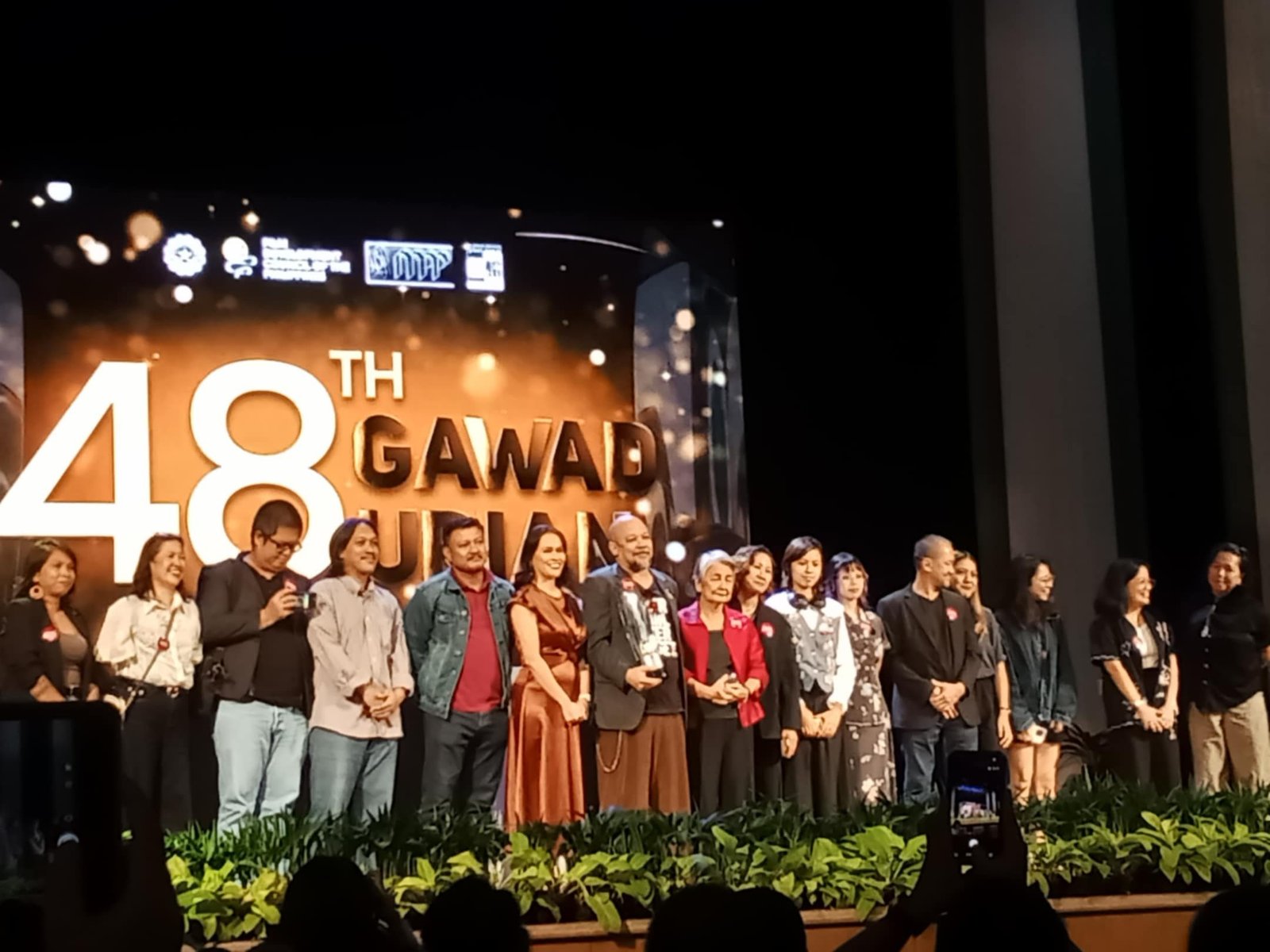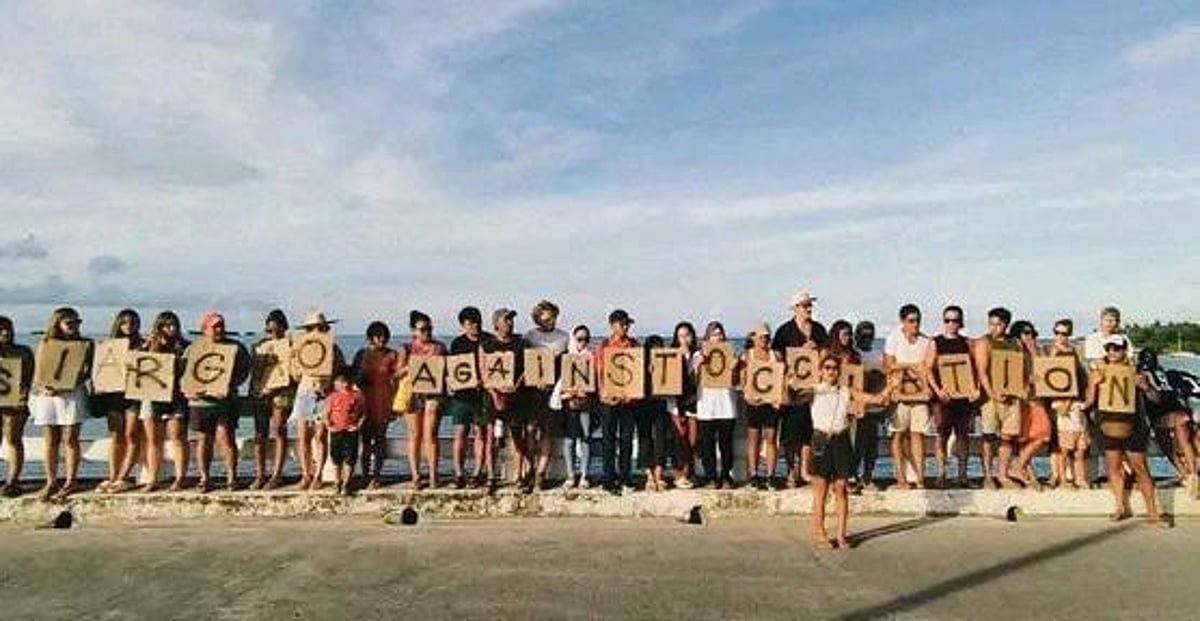Catholic dogma has traditionally been the moral guide for numerous Filipinos, teaching the importance of the Ten Commandments and abstention from the seven deadly sins of pride, envy, gluttony, lust, anger, sloth, and greed. These values, inculcated through the Bible’s parables and the teachings of the Beatitudes, urge faithful followers to be humble, compassionate, and just.
The moral underpinning of society is currently put to the test as the country witnesses a scandal of epic proportions. The government spent more than ₱545 billion on flood mitigation facilities, but despite this, investigations showed that most of these were subpar, not aligned with the real flood-prone areas, or even unbuilt. The residents of Bulacan and other risk areas continue to be exposed to deadly floods, while colluding officials and favored contractor groups allegedly made billions from public funds.
This scandal is a reminder of the ageless wisdom of Mohandas Gandhi, who cautioned against seven threats to human virtue. All seven of these threats ring true in light of this scandal.
To start with, the problem of workless wealth is directly seen in the ghost projects. Officials and contractors became rich without producing the intended infrastructure. In one instance, a ₱96-million riverbank protection project was labeled “completed” even if no work was carried out. This swindling of public funds not only erodes confidence but also makes communities vulnerable to natural disasters.
Most closely related to this is the threat of uninhibited pleasure. The extravagant lifestyles financed by pilfered taxpayer funds, like the reported dump of ₱1 billion in suitcases full of cash in a politician’s penthouse, betray an appalling sense of moral responsibility. These indulgences are taken at the cost of families who slog through floodwaters every day, whose homes and means of living are in permanent jeopardy.
Another threat that emerges is characterless knowledge. Most of those accused are academically equipped engineers, legislators, and professionals. But their knowledge was applied to fraud. The former DPWH officials confessed to certifying non-existent projects, violating the people’s trust and the moral principles of their professions.
The scandal also indicates a business without ethics. A system of bid-rigging, kickbacks, and cronyism is deep-rooted. Some of the contractors were awarded several projects in political clan-dominated areas, irrespective of the real flood risk. Ethics were given a go-by in favor of profit and political patronage.
Even more concerning is the existence of science without humanity. Flood control needs to be based on scientific evaluations of hydrogeological conditions. Instead, a lot of projects were misplaced with respect to real hazard zones, and some were never subjected to feasibility studies. The consequence is an infrastructure that collapses when most needed and puts lives at risk.
As a reaction to this moral crisis, the Catholic Church has uttered words of condemnation, talking about the risk of religion without sacrifice. Cardinal Pablo Virgilio David wrote a pastoral letter, Beyond Survival: Rising Against the Flood of Corruption, calling for restitution and renewal within society. He challenged Filipinos to get away from patronage politics and adopt honesty, sacrifice, and civic duty.
Last but not least, the scandal highlights the danger of politics without principle. Scores of top officials, including senators, congressmen, and even President Marcos Jr.’s close aides, have been named. Although the president has denounced the corruption, critics say his administration’s reaction has been tardy and wanting.
The ghost flood control scandal is not just a political or financial crisis. It is a moral one. It challenges every Filipino to reflect on the values they uphold and the kind of society they wish to build. Gandhi’s seven dangers are not abstract ideals. They are urgent warnings. And in the face of corruption, they become a roadmap for renewal.
Let us not wait for the next flood to destroy the rest of our integrity. Let us not only reconstruct our infrastructure but our collective conscience as well.
The ghost flood control scandal is not just a political or financial crisis. It is a moral one. It challenges every Filipino to reflect on the values they uphold and the kind of society they wish to build. Gandhi’s seven dangers are not abstract ideals. They are urgent warnings. And in the face of corruption, they become a roadmap for renewal.
Let us not wait for the next flood to destroy the rest of our integrity. Let us not only reconstruct our infrastructure but our collective conscience as well.











